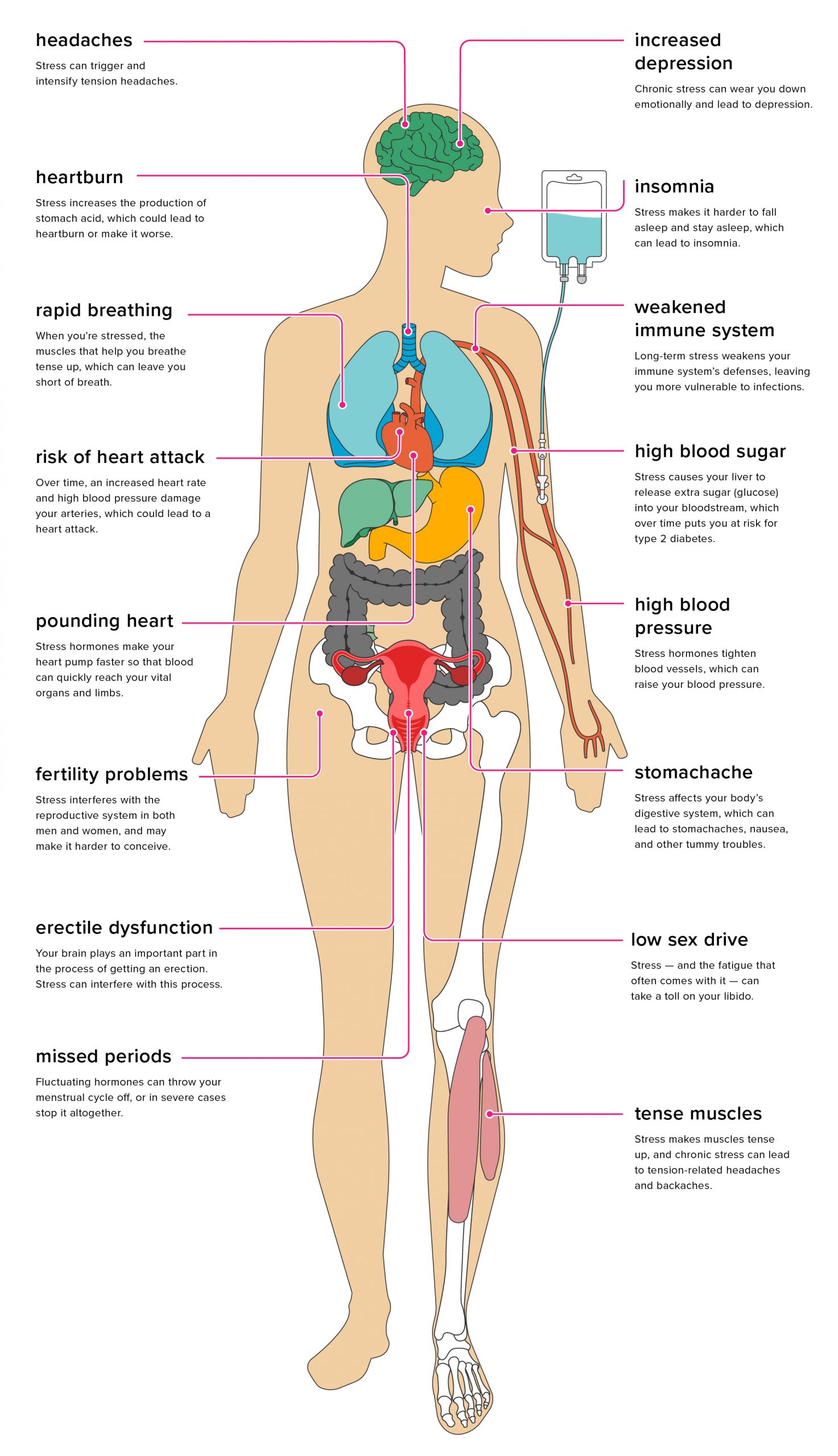NATURAL HEALTH SOLUTIONS
Informative articles and research documents and studies
Examples of popular and successful Natural Health Solutions
Through our research and contributions from community the consensus is that first people should aim to reduce any inflammation in the body as inflammation and oxidative stress is the root cause of over 260 diseases. The 3 products below are our findings of the most effective way to do this naturally is to reduce oxidative stress naturally. (Activated Essentials) + (Celery Juicing) + Stress Management (Yoga, Exercise, Mindfulness & Gratitude)
STEP ONE
Reduce Oxidative Stress by Flipping The Switch ~ DO more… BE more…
STEP TWO
Drinking Celery Juice ~ one of the most powerful anti-inflammatory foods!
STEP THREE
Reduce STRESS ~ one of the most important things you can do for your health is manage STRESS!
The Effects of Stress on Your Body
You’re going to have some stress in your life ~ we all do, and it’s normal. One of the best things you can do for your health is manage that stress, even when you can’t control the source of it.
You’re sitting in traffic, late for an important meeting, watching the minutes tick away. Your hypothalamus, a tiny control tower in your brain, decides to send out the order: Send in the stress hormones! These stress hormones are the same ones that trigger your body’s “fight or flight” response. Your heart races, your breath quickens, and your muscles ready for action. This response was designed to protect your body in an emergency by preparing you to react quickly. But when the stress response keeps firing, day after day, it could put your health at serious risk.
Stress is a natural physical and mental reaction to life experiences. Everyone expresses stress from time to time. Anything from everyday responsibilities like work and family to serious life events such as a new diagnosis, war, or the death of a loved one can trigger stress. For immediate, short-term situations, stress can be beneficial to your health. It can help you cope with potentially serious situations. Your body responds to stress by releasing hormones that increase your heart and breathing rates and ready your muscles to respond.
Yet if your stress response doesn’t stop firing, and these stress levels stay elevated far longer than is necessary for survival, it can take a toll on your health. Chronic stress can cause a variety of symptoms and affect your overall well-being. Symptoms of chronic stress include:
- irritability
- anxiety
- depression
- headaches
- insomnia

